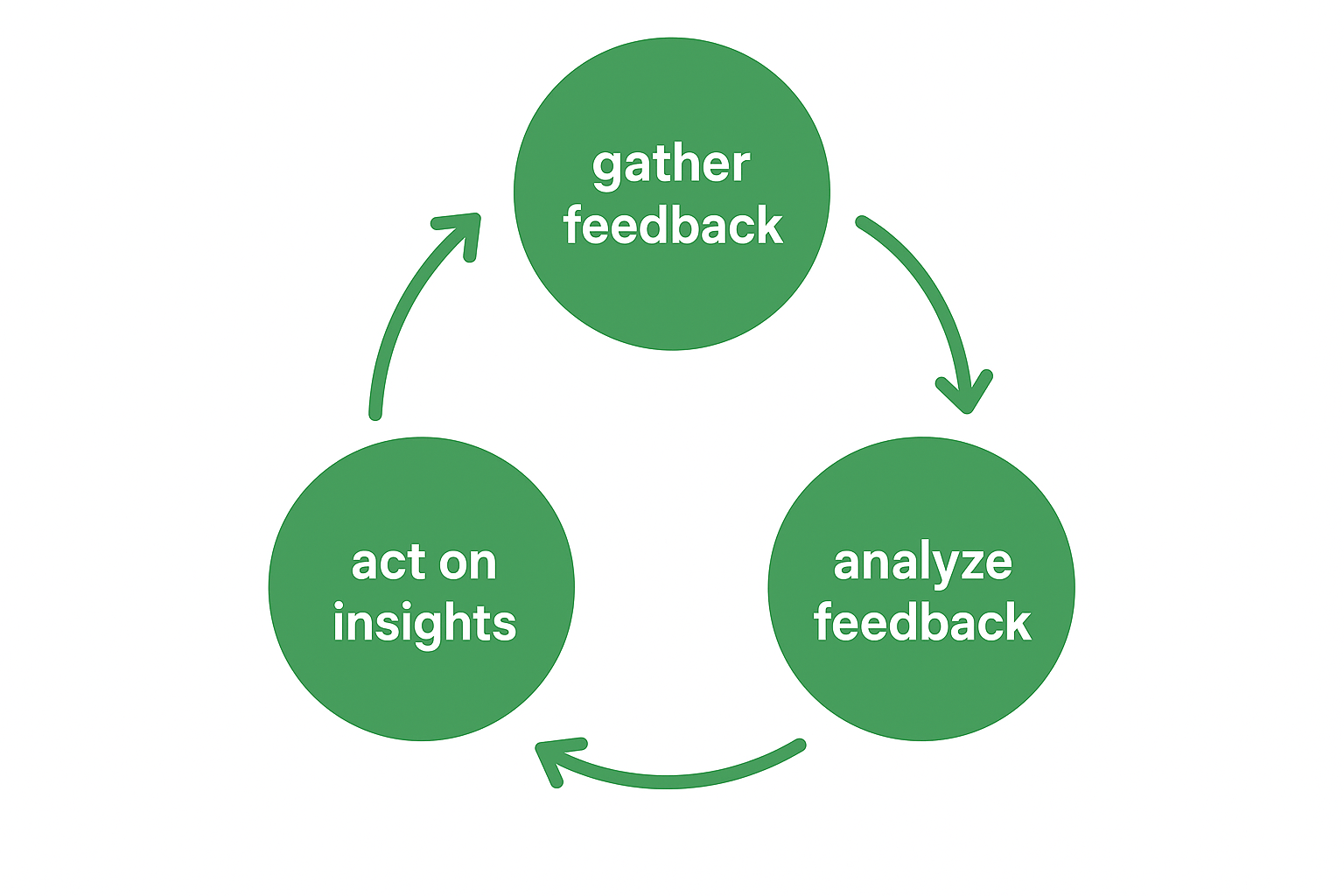Why good intentions aren’t enough in leadership behaviour change

Leaders rarely fail because they don’t care. They fail because they assume awareness equals action.
Many leaders say they’re self-aware, but evidence suggests otherwise. Research consistently shows that self-awareness is overestimated and often untested through objective feedback. Without reliable feedback loops, leaders operate in a distorted mirror - confident in their intentions but blind to their actual impact.
The illusion of self-awareness
Leaders often rely on reflection and good intent - “I try to be approachable,” “I care about my team,” “I’m open to feedback.” These beliefs are comforting but incomplete. Self-perception alone doesn’t reveal how others experience you.
Recent organisational psychology research supports this:
London (2023) highlights that self-awareness is multi-dimensional and depends on integrating internal reflection with external feedback.
Da Fonseca (2022) found that leaders who lack accurate self-insight are more likely to engage in destructive or disengaged behaviours, despite positive intentions.
In short, intent doesn’t equal impact. A leader who intends to empower might appear disengaged. Another who intends to be supportive might come across as controlling. Without structured feedback, those gaps remain invisible.

The missing feedback loop
Behaviour change depends on feedback systems, not self-reflection alone. Giamos et al. (2024) showed that leaders who receive continuous performance feedback, rather than one-off reviews, demonstrate more sustained improvements in motivation, collaboration and communication.
Effective leaders create feedback loops by:
Seeking feedback regularly from peers and reports, not just formal appraisals.
Creating safety for honesty by modelling curiosity and openness rather than defensiveness.
Acting visibly on input so others see that feedback leads to real behavioural change.
Tracking progress over time, integrating reflection and feedback as part of their leadership practice.
Why this matters
When leaders rely on good intentions alone, they underestimate how their behaviour affects others. Over time, this erodes trust and credibility, even in well-meaning teams.
Leadership growth begins where good intentions end, in the willingness to see yourself as others do. Real change happens in the feedback loop.
References:
Da Fonseca, S. (2022). The influence of self-awareness on effective leadership. South African Journal of Business Management, 53(1).
Giamos, D., Parker, S. K., & Birtch, T. (2024). Continuous performance feedback: The key to adaptive leader development. Human Resource Development Quarterly.
London, M. (2023). Developing self-awareness: Learning processes for self. Annual Review of Organizational Psychology and Organizational Behavior, 10, 351–372.

Comments